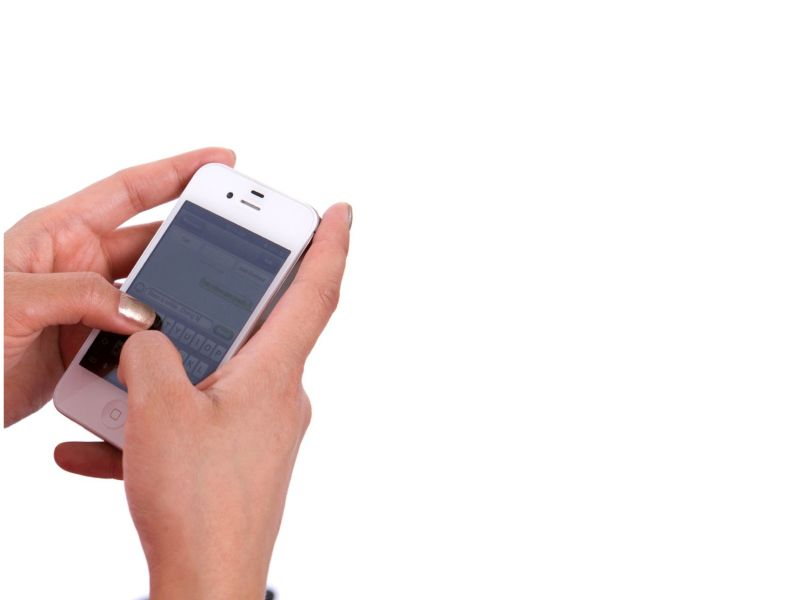
WEDNESDAY, Jan. 9, 2019 (HealthDay News) -- Less than 9 percent of Americans shared fake news in 2016, but seniors were far more likely to do so than young adults, a new study finds.
"Despite widespread interest in the fake news phenomenon, we know very little about who actually shares fake news," said study author Joshua Tucker, a professor of politics at New York University.
"This study takes a first step towards answering this question," Tucker said in a university news release.
Researchers analyzed survey data from about 1,300 people between April and November 2016. They found that 8.5 percent shared links to fake news sites on Facebook.
Only 3 percent of respondents ages 18-29 shared links from fake news sites during the 2016 presidential campaign, compared with 11 percent of those over age 65, the study revealed.
The researchers also found that 18 percent of Republicans shared links to fake news sites, compared to less than 4 percent of Democrats.
Education, income and gender were not associated with the likelihood of sharing fake news, according to the study. The findings were published Jan. 9 in the journal Science Advances.
"Perhaps most significantly, we find that sharing this type of content on Facebook was a relatively rare activity during the 2016 presidential campaign," Tucker said.
Lower levels of digital media literacy among seniors could be one reason why they are more likely to share fake news, the researchers suggested.
"If seniors are more likely to share fake news than younger people, then there are important implications for how we might design interventions to reduce the spread of fake news," said study author Andrew Guess, an assistant professor of politics and public affairs at Princeton University.
More information
The Pew Research Center has more on news and social media.
Back

The news stories provided in Health News and our Health-E News Newsletter are a service of the nationally syndicated HealthDay® news and information company. Stories refer to national trends and breaking health news, and are not necessarily indicative of or always supported by our facility and providers. This information is provided for informational and educational purposes only, and is not intended to be a substitute for medical advice, diagnosis, or treatment.






